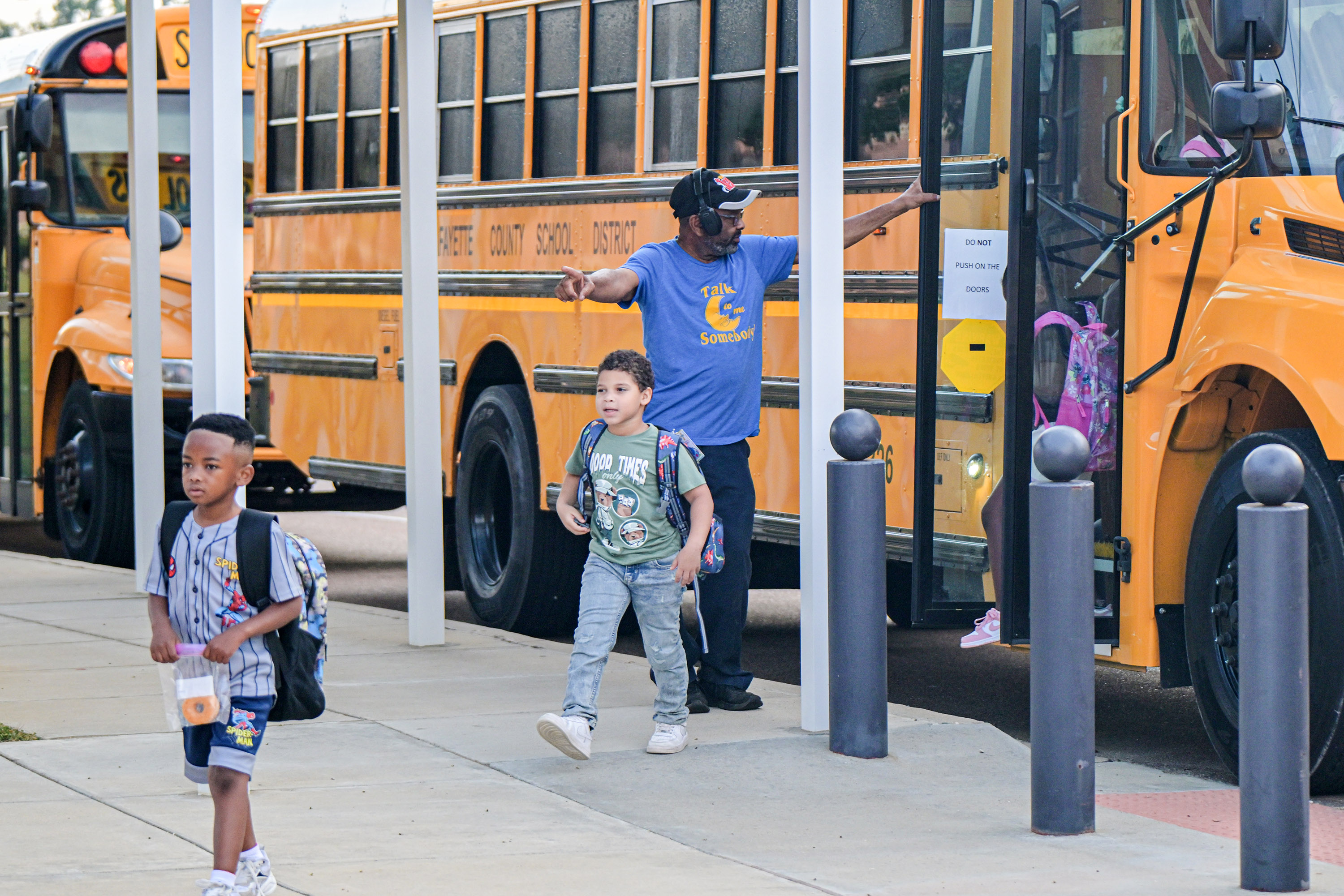Practice safety when heating home
Published 12:00 pm Friday, January 8, 2016
If you haven’t noticed, we’ve had some fairly chilly nights in Lafayette County and colder weather is forecast for the rest of this month, which means we will be looking for ways to keep warm and that creates a greater fire danger in the home.
January was the worst month for fire deaths in Mississippi in 2015. Of the eight fire deaths investigated by the state fire marshal’s office during January last year, six were heating related.
Commissioner of Insurance and State Fire Marshal Mike Chaney urges residents to use heating equipment as it is intended, which greatly cuts the risk of a fire in your home.
Trending
“Properly using heating sources to stay warm during cold weather and having working smoke alarms in your home is literally the difference between life and death,” is the message he has repeated over and over.
He added that having a working smoke alarm in your home can cut your risk of dying in a home fire in half.
A National Fire Protection Association (NFPA) 2010 report shows home heating fires peak during 6-8 p.m., and associated deaths peak during 2-4 a.m.
The State Fire Marshal’s Office recommends the following heating fire safety tips:
• Remember to keep clothes, drapes, and anything else combustible at least three feet away from all heating equipment, especially space heaters.
• Inspect the space heater’s power cord for damage, fraying or heat. If the cord inspection reveals any of these issues, the heater should be replaced. Proper cleaning is essential and should be done regularly.
Trending
• Never use space heaters while you sleep or in areas where children may be without adult supervision.
•Do not leave space heaters on when you are away from home.
• Always unplug space heaters when they are not in use. The heater should also be equipped with a tip over shut-off switch.
• Never use a stove or oven to heat living spaces. Kerosene is a poor choice for heating as it will give off poisonous fumes.
• Should a fire break out in the home, have an emergency evacuation plan for the family to follow.
By using these simple tips, you could not only save your life, but also those of your loved ones.





